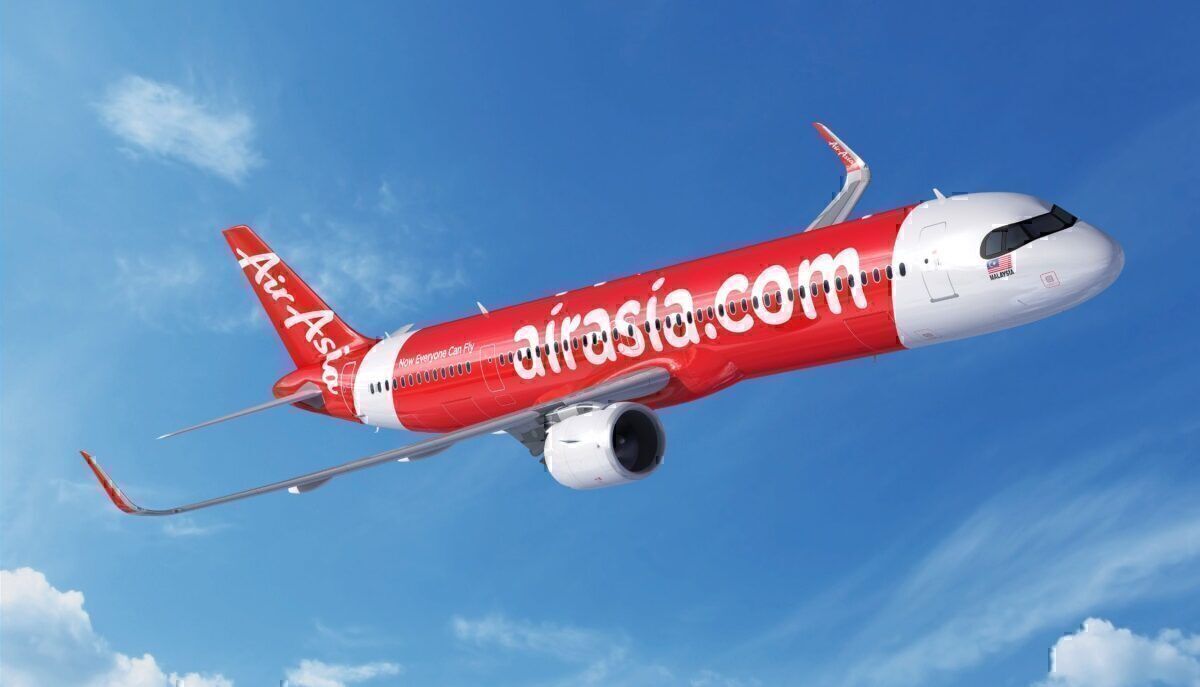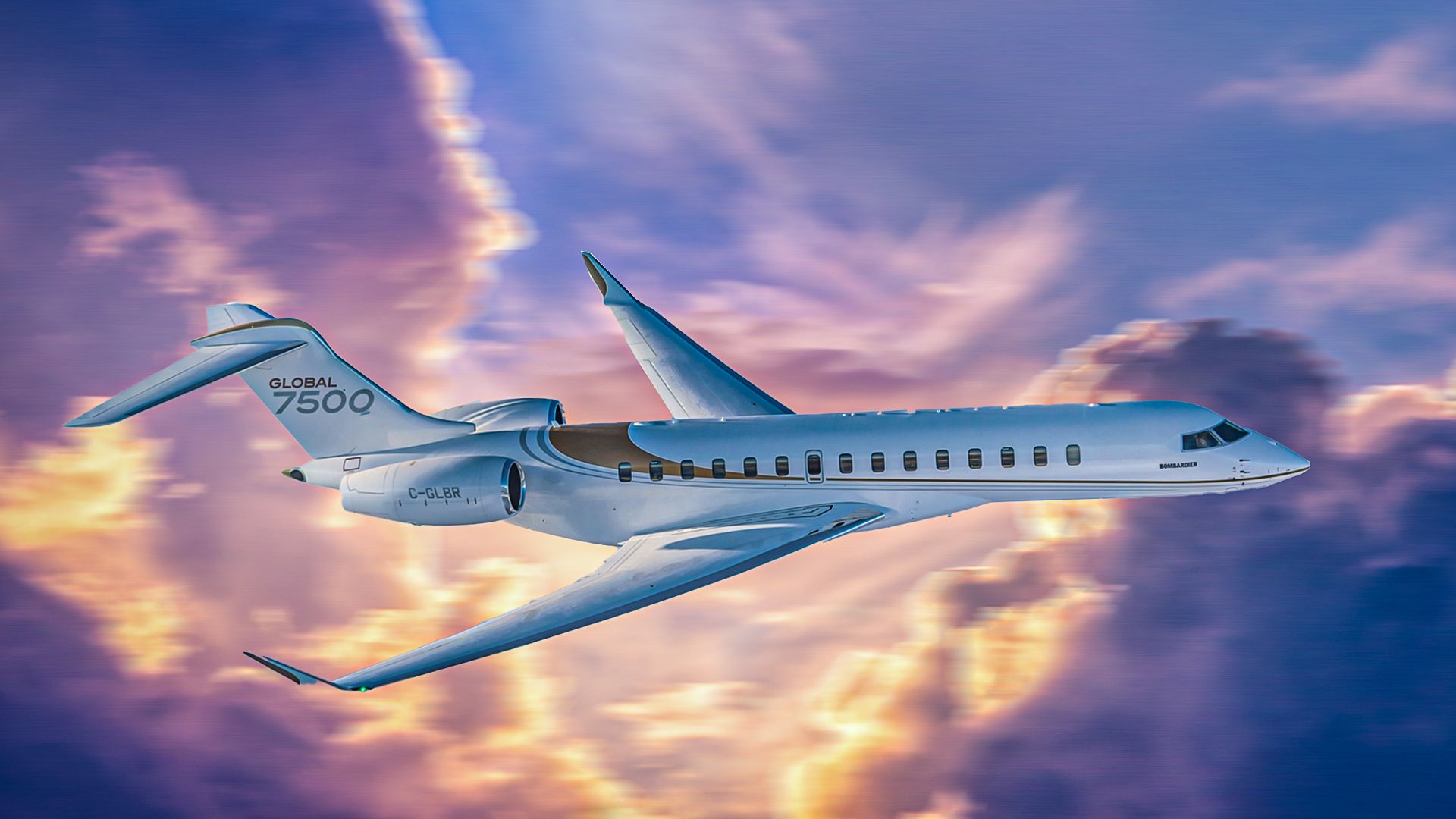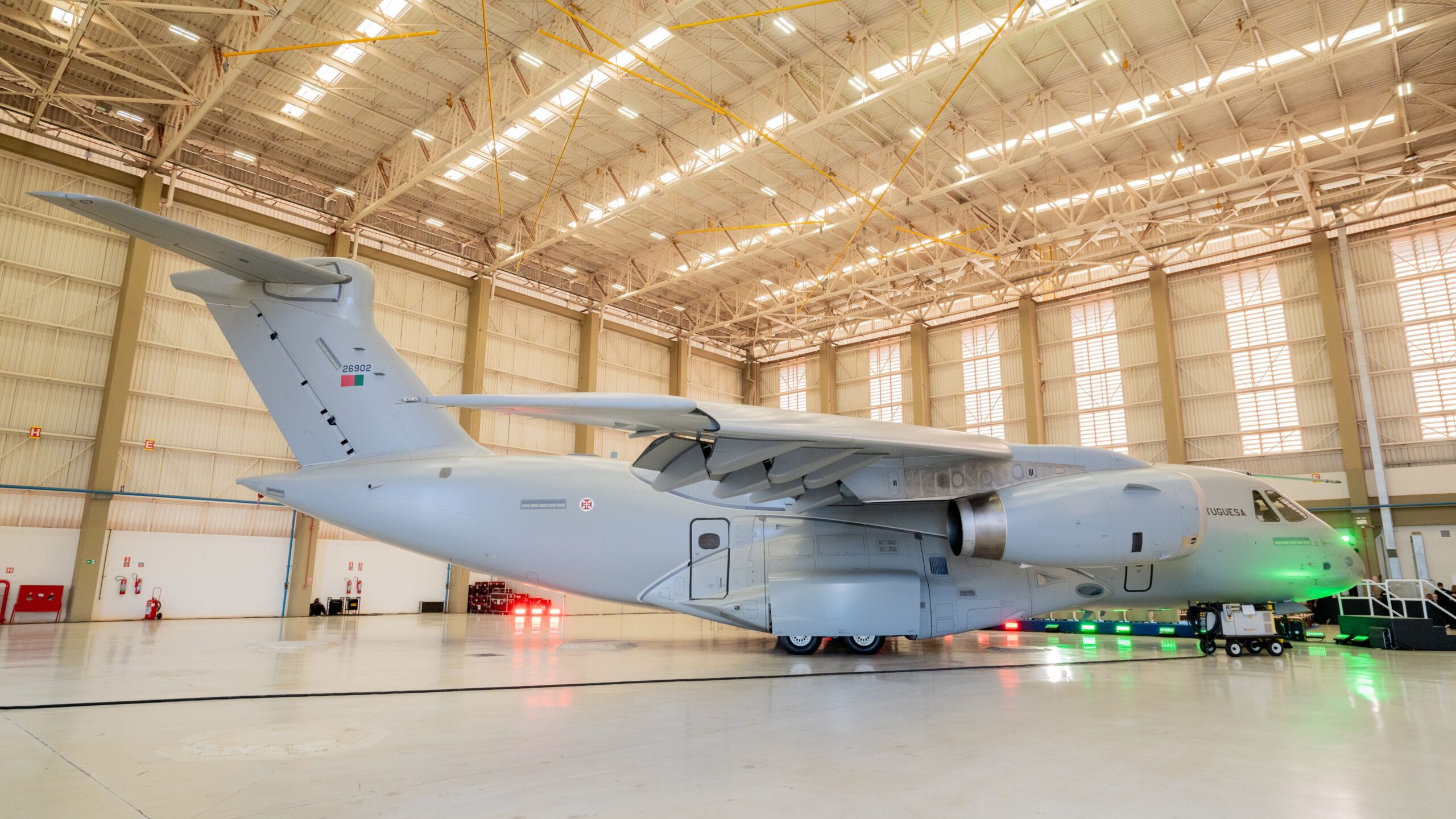Summary
- AirAsia X sees strong revenue growth and profits in 1Q24, fueled by increased passenger numbers and ancillary revenue.
- Successful expansion in China, India, and Japan during key travel seasons contributes to AirAsia X’s positive performance.
- Acquisition of AirAsia Aviation Group to provide AirAsia X access to more aircraft and enhance global low-cost network carrier group.
While discussions and corporate machinations around the sale of AirAsia’s airlines continue in boardrooms, AirAsia X has been busy posting solid numbers for the first quarter of 2024 (1Q24). The medium-haul low-fare airline reported a 66% jump in revenue and a 90% surge in passenger numbers compared to the first quarter of 2023 while also increasing the passenger load factor by three percentage points.
Healthy profits in first quarter
In 1Q24, AirAsia X carried 959,623 passengers and generated revenue of RM908.9 million ($191m) to earn a reported net profit of RM80.1 million ($17m) at a healthy profit margin of 8%. The revenue boost of 66% year-on-year (YoY) was helped by a 3% increase in ancillary revenue to a record RM251 million ($53m), driven by new product offerings optimized for the markets it serves, as well as the introduction of trendy food and beverages (F&B) by SANTAN in collaboration with other F&B operators.
Photo: Ryan Fletcher | Shutterstock
AirAsia X said the strong demand was due to the key festive seasons and school holidays in the first quarter, with the best-performing routes in China, India and Japan recording passenger load factors of over 90%. The carrier also kept costs in line as fuel prices eased. The added capacity, which saw available seat kilometers (ASKs) rise 74% YoY, pushed unit costs lower, and the overall load factor settled at 83%.
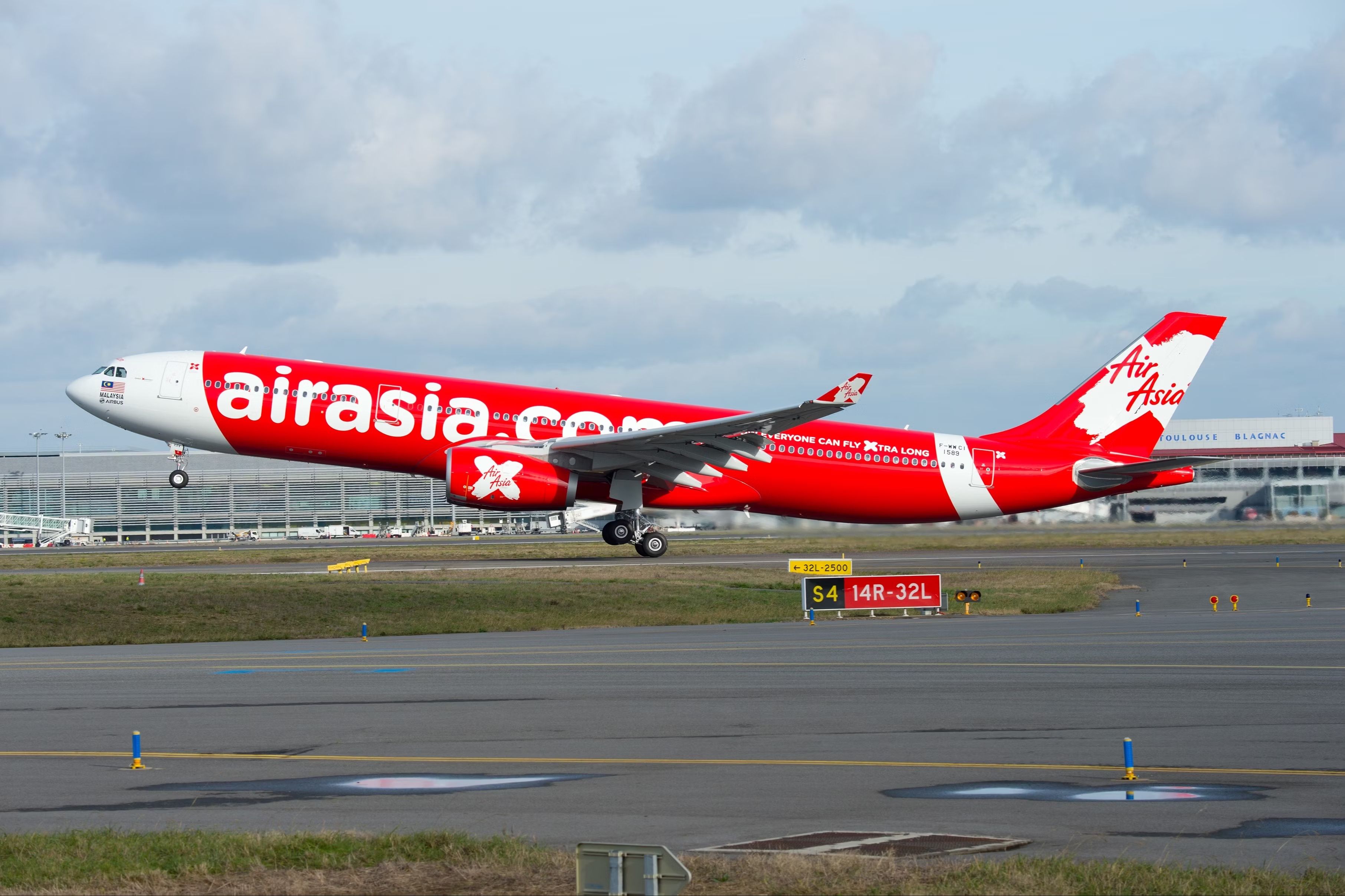
Related
AirAsia X Adds 10 Airbus A330s To Boost 2024 Capacity And Add Routes
AirAsia X and its associate AirAsia X Thailand finished 2023 strongly and with their fleets largely complete are set for a solid 2024.
Affiliate AirAsia X Thailand (TAAX) reported 1Q24 revenue of RM543.4 million ($114m), up 52% YoY, and posted a net profit of RM46.4 million ($9.3m) after a foreign exchange loss of RM55.8 million ($11.2m). It carried 437,764 passengers at a load factor of 89%. At the end of the quarter, TAAX had a fleet of seven Airbus A330s with six operational, while AirAsia X had 18 A330s with 16 back in service.
Photo: Airbus
Looking forward to the A321XLR
AirAsia X CEO Benyamin Ismail said the airline expected the two remaining aircraft to rejoin the operational fleet in July and November this year while it continued to work towards ensuring its fleet requirements for further growth are secured. Ismail spoke enthusiastically about the longer-range Airbus A321XLR, adding:
“Looking to the future, we are excited about the A321XLR on our orderbook, which will bring our growth ambitions to fruition, as it unlocks a range of up to nine hours with a reduced cost base compared to our current fleet. With its reduced capacity, the A321XLR gives greater flexibility for network planning and elevates even more second-tier pairing [and] is expected to lower the break-even point, ultimately boosting our margin.”
Image: Airbus
The corporate entity behind AirAsia, Capital A, has announced it is selling the AirAsia Aviation Group, which includes the AirAsia airlines in Malaysia, Indonesia, Thailand, Cambodia and the Philippines, to AirAsia X. An added benefit is that AirAsia X will have access to more than 400 aircraft on order, including the Airbus A321XLR, at a time when its expansion is limited by a lack of aircraft and delays in new aircraft production at Airbus.
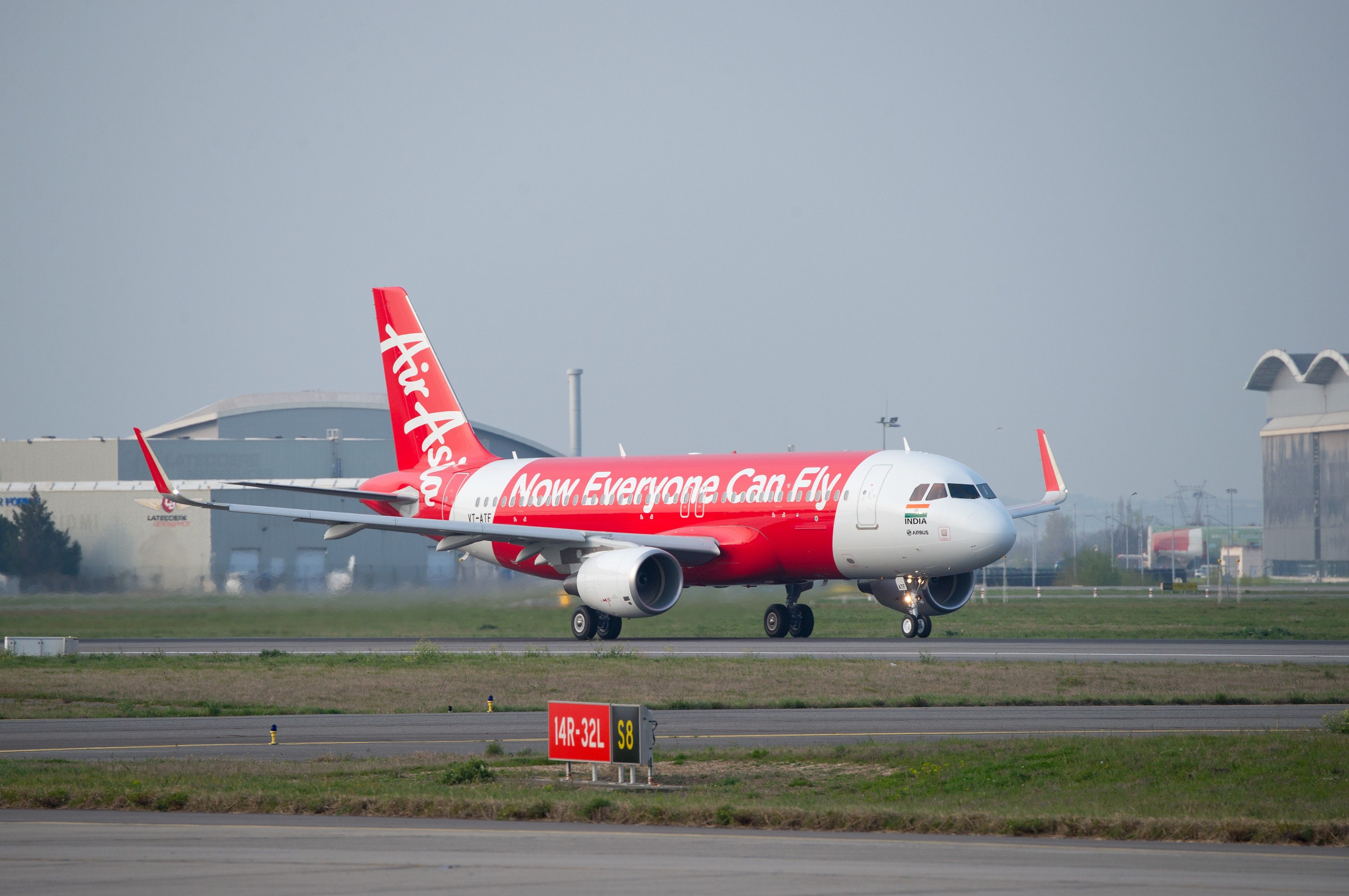
Related
Shock Move: Capital A Sells AirAsia Airlines to AirAsia X
Tony Fernandes is splitting up Capital A and disposing of all its aviation businesses to AirAsia X, although the shadow of PN17 seems behind it.
Ismail also said that Fly-Thru connectivity stands at 22%, led by Australia and India and that the synergies with the broader AirAsia group are more encouraging than ever. These are ideal conditions for the proposed acquisition of Capital A’s aviation business, which is envisioned to establish an enlarged group of airlines with the AirAsia brand as a global low-cost network carrier group.
In the first quarter, AirAsia X took advantage of the extension of the visa-exemption policy to China until 2025 to expand its network. The airline increased flight frequencies to popular routes in China, such as Chengdu, Beijing, and Shanghai, and added more flights to the ever-popular holiday destination of Bali in Indonesia. Overall, AirAsia X delivered an 85% YoY increase in the number of flight stages to 3,184, with average total weekly flights of 135 for 1Q24.
Have you flown with AirAsia X recently? Let us know about it in the comments.

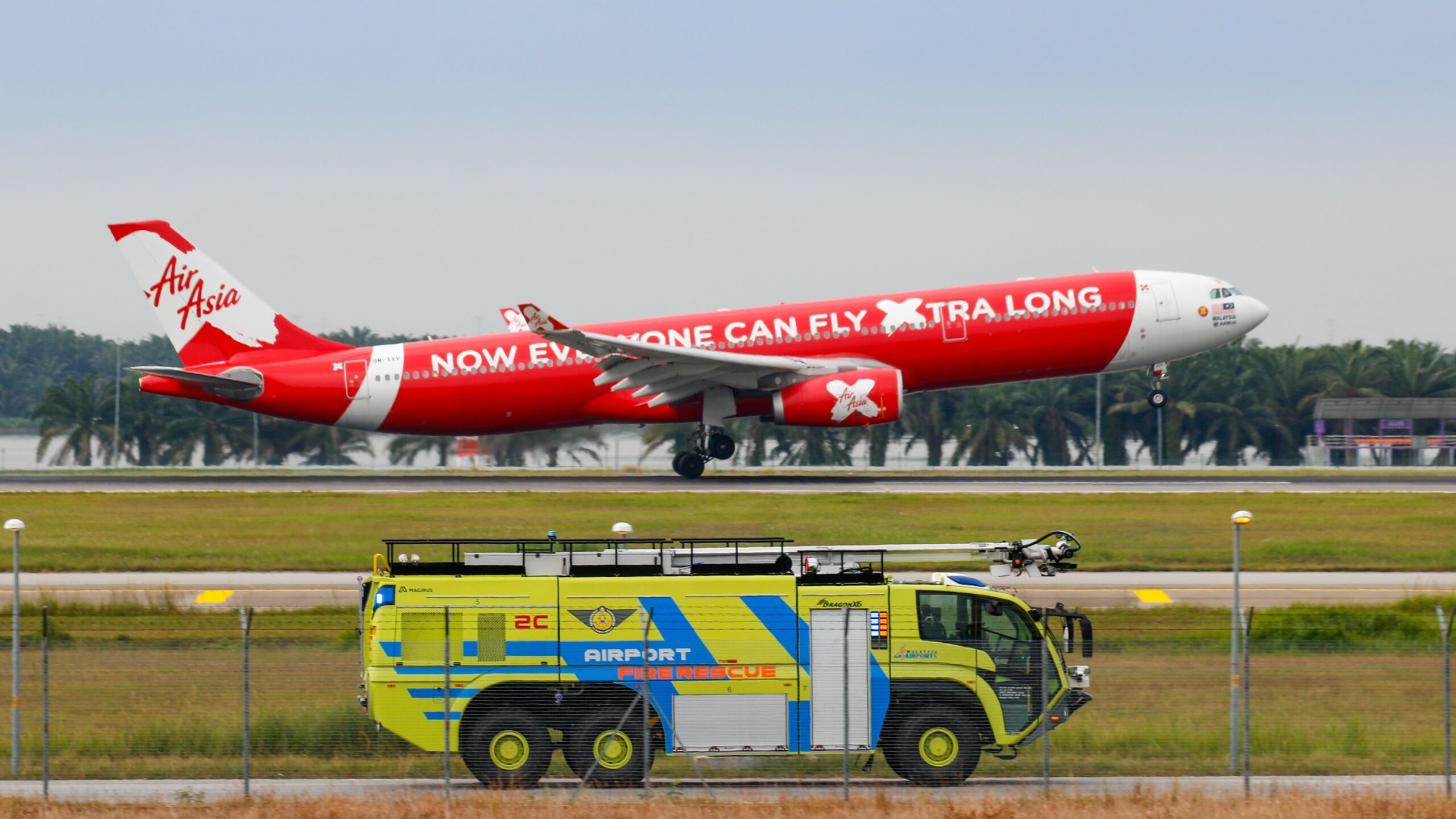
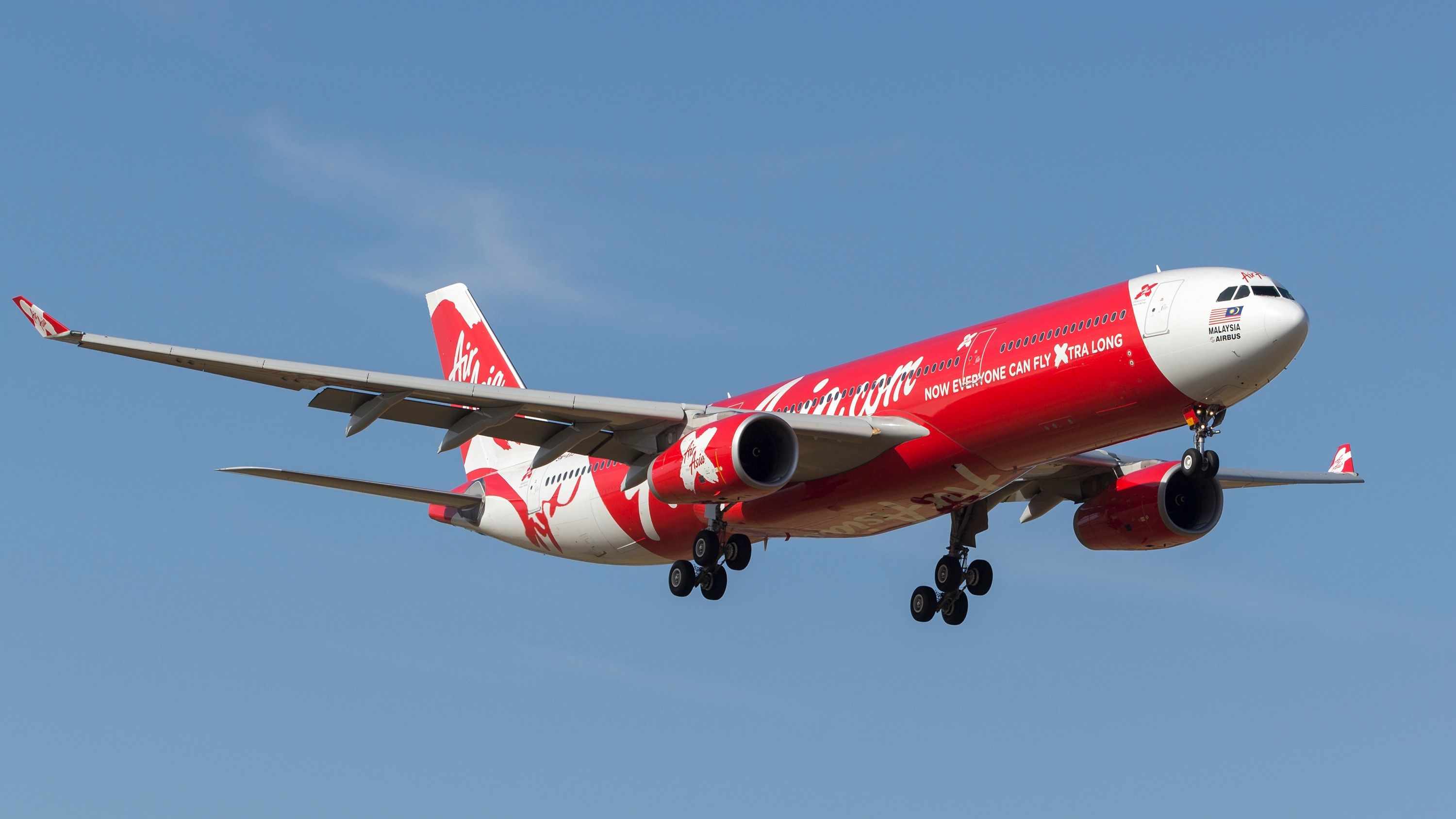
.png)
